How to Incorporate Healthy Brussels Sprouts into Your Diet
Table of Contents
Why we should eat more healthy Brussels Sprouts
The green florets are typical winter vegetables and are generally not well received by children, but Brussels sprouts are healthy and taste very good when prepared correctly.
Hardly any cabbage is as healthy as Brussels sprouts. But it is difficult to convince those who reject them because of their taste that Brussels sprouts are health-promoting. Many consumers need to learn what’s really in the winter vegetables. It’s worth taking a closer look at the health factor. Because of their vitamins and minerals, the green florets can easily compete with fruit and vegetables, which are particularly healthy.
History of Brussels sprouts
How tasty and healthy Brussels sprouts are was appreciated relatively late. Even in the 16th century, when other types of cabbage had long been part of European people’s diet, the wild predecessor was still unknown.
The first Brussels sprouts were grown near Brussels in the 16th century. Over the 19th century, cabbage became established in other parts of Europe, such as France and Germany, until it finally reached America.
The plant, which can grow up to 50 florets the size of a table tennis ball on its trunk, is related to savoy cabbage. Brussels sprouts are a typical winter vegetable from October to February in season and, in some years, also in September and March. Interesting: While frost is harmful or even fatal to other plants, it cannot harm cabbage; on the contrary, the cold can even improve the taste and make the cabbage sweeter.
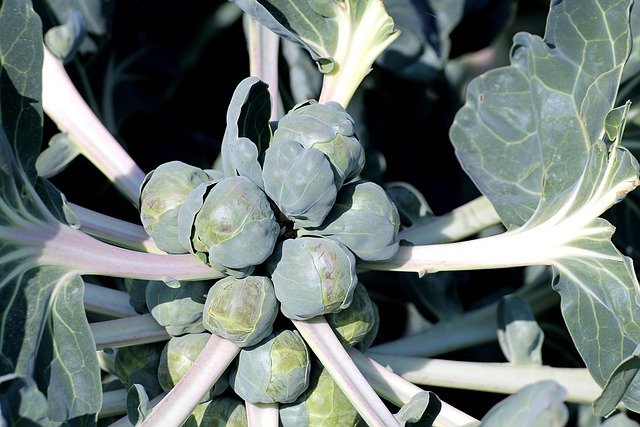
Which ingredients make Brussels sprouts healthy?
What makes Brussels sprouts so healthy is their high vitamin C content. Vitamin C has an antioxidant effect and can render so-called free radicals harmless in the body. It also inhibits collagen breakdown. Collagen is essential to skin, bones, tendons, cartilage, blood vessels, and teeth. A comparison with other supposed vitamin C bombs shows that cabbage occupies a unique position as a supplier. With its 110 milligrams, it even beats oranges and lemons, which have around 50 milligrams of vitamin C per 100 grams, already covering the daily requirements.
Brussels sprouts also provide our bodies with various minerals. In addition to iron, potassium, and calcium, cabbage contains magnesium and glucosinolates, which can prevent certain cancers.
The mineral potassium is an electrolyte. It is responsible for cell function, balance, and signal transmission. A potassium deficiency is primarily noticeable through difficulty concentrating and muscle weakness.
Are you looking for a new way to enjoy Brussels sprouts?
Traditionally, Brussels sprouts are boiled or steamed. But did you know that you can eat them raw? It is not only delicious but also healthy.
Eating Brussels sprouts raw could be the answer! More and more people are embracing the raw Brussels sprouts trend and the health benefits it brings. Learn how you can get the most out of this green delicacy.
Benefits of Raw Brussels Sprouts
You may have only tried Brussels sprouts in cooked form, but raw ones are becoming increasingly popular. Eating them raw preserves the nutty taste of the vegetables and the valuable nutrients they lose during cooking.
More vitamins and minerals: Raw Brussels sprouts contain more vitamins C, K, folic acid, and potassium.
It has a milder taste: Raw Brussels sprouts have a milder flavor than cooked. It is less bitter and has a crunchy consistency.
It is easier to digest: Raw Brussels sprouts contain less fiber than cooked. It is, therefore, easier to digest and can also be tolerated well by people with gastrointestinal problems.
The taste of raw Brussels sprouts is intense and slightly sweet. The crisp texture gives your dishes a pleasant freshness. You can finely slice them and use them as a salad base or enjoy them thinly sliced as a topping for sandwiches and wraps. Try different preparation methods to find the best taste for you.
If you’re trying raw Brussels sprouts for the first time, you’ll want to start with a small amount. Some people may experience bloating or stomach pain. If you are sensitive to fiber, you can soak them in a glass of water before eating them. The fiber dissolves in water, making them easier to digest.
Make sure to choose fresh and firm Brussels sprouts heads. Also, wash them thoroughly and remove the outer leaves.
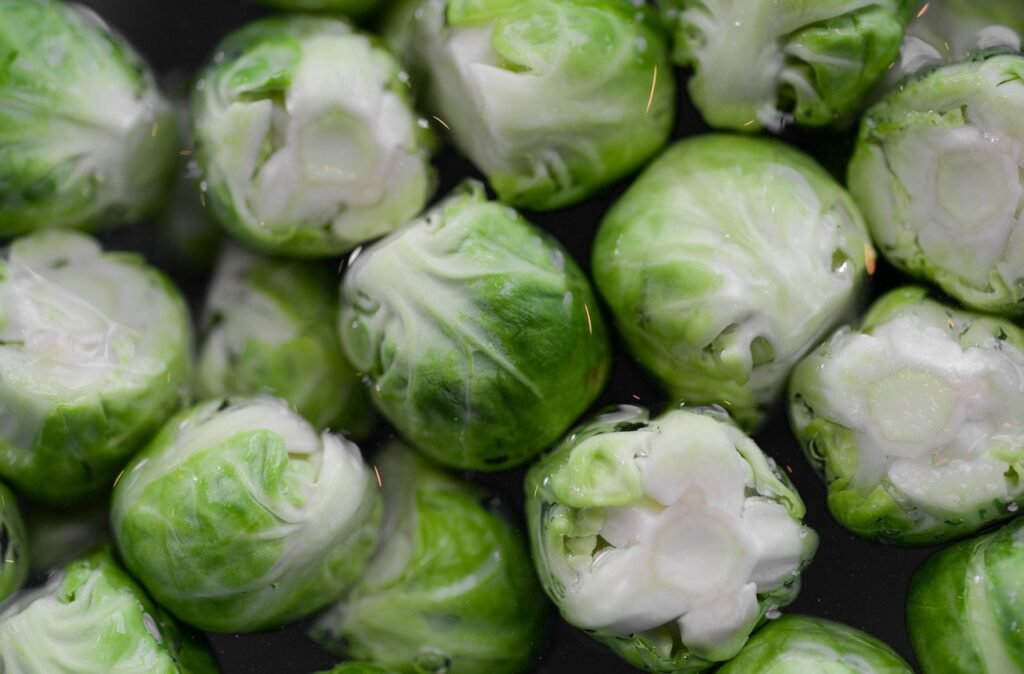
Buy and store.
You can get Brussels sprouts at organic stores and regular supermarkets and, during the season, best at the local farmers’ market. You can recognize fresh produce by the juicy, crunchy, green leaves.
Yellowish, wilted leaves or even dark spots are indications that the vegetables are no longer fresh.
How do you store them?
Winter vegetables prefer things cool. Therefore, the best storage place is the vegetable compartment of your refrigerator: Wrap the cabbage florets in a damp kitchen towel – this will prevent the outer leaves from wilting too quickly. They stay fresh for at least 4-5 days (often even significantly longer) without problems. But the cabbage sprouts taste particularly good when they are freshly prepared.
Can you freeze Brussels sprouts?
Of course, before freezing, however, you should blanch the florets, put them in boiling water for a few minutes, and then briefly rinse them with ice water. You can then freeze them.
Tip: Always use frozen Brussels sprouts immediately – without defrosting them first. For example, add it straight into the cooking water. Otherwise, the florets will become unappetizing and mushy.
You can prepare a salad if you want to try the raw version. Remove the hard central stem and grate the florets into fine strips or slices to do this, together with other vegetables, salad herbs, and a mild dressing.
Recipes for you to try
Vegan Shaved Brussels Sprouts Salad
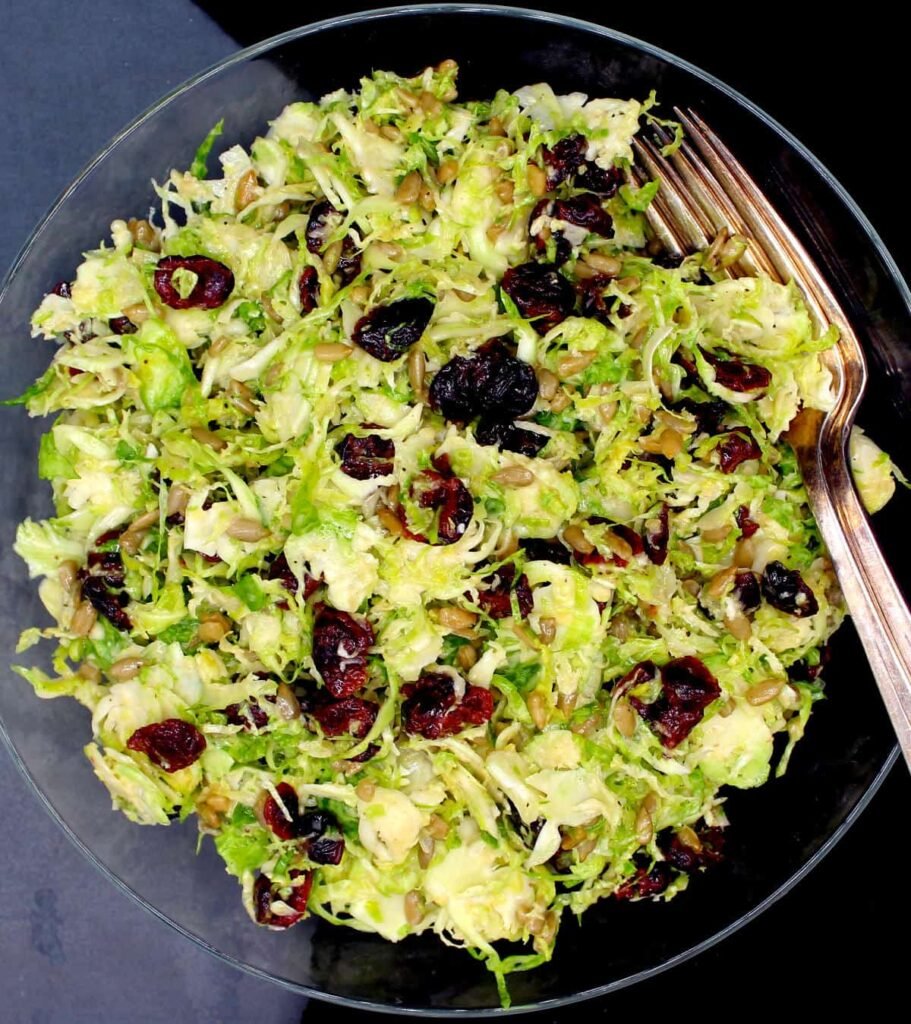
This easy vegan Shaved Brussels Sprouts Salad needs just seven ingredients and comes together in minutes.
Raw Brussels Sprouts Salad with Dried Fruit
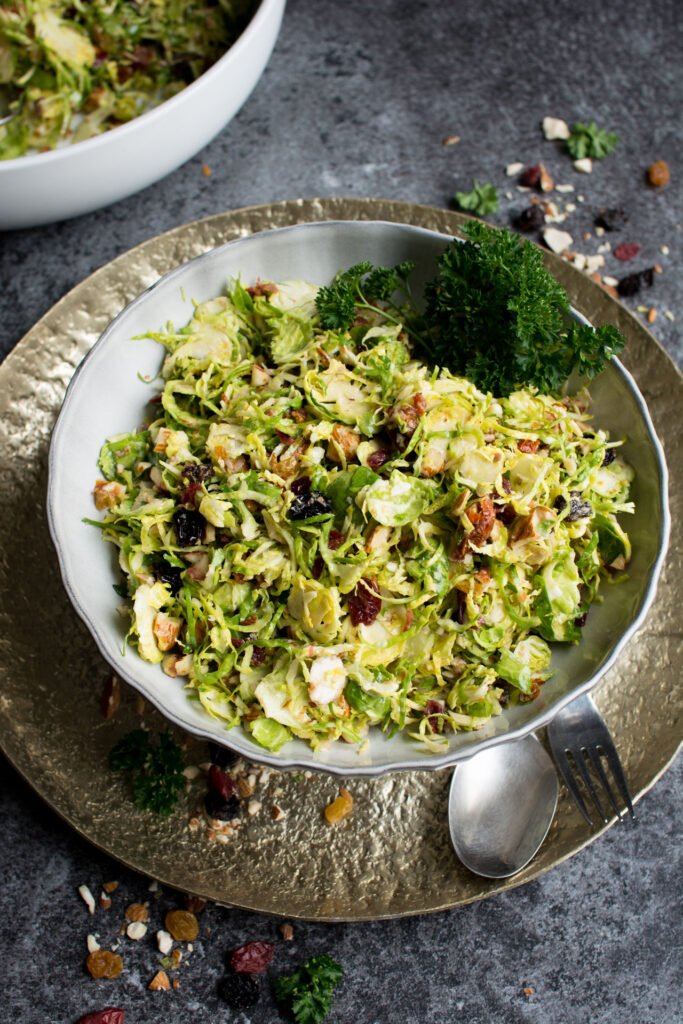
If Brussels sprouts are your idea of a nightmare, then think again. This raw salad with dried fruit, nuts, and TONS of other good stuff is bound to change your mind.
Brussels Sprout Slaw with Coconut Bacon

Presenting a warm and savory Brussels sprout slaw that screams winter, is über comforting, and is quick and easy to make.
Roasted Brussels Sprouts Salad with Maple Balsamic Dressing

This crunchy and flavorful roasted brussel sprout salad combines cranberries, almonds, and red onions with a sweet and tangy homemade maple balsamic dressing. This savory winter salad is a must-have, 30-minute side dish for any occasion.
ZA’ATAR SHAVED BRUSSELS SPROUTS SALAD (VEGAN, GLUTEN-FREE)
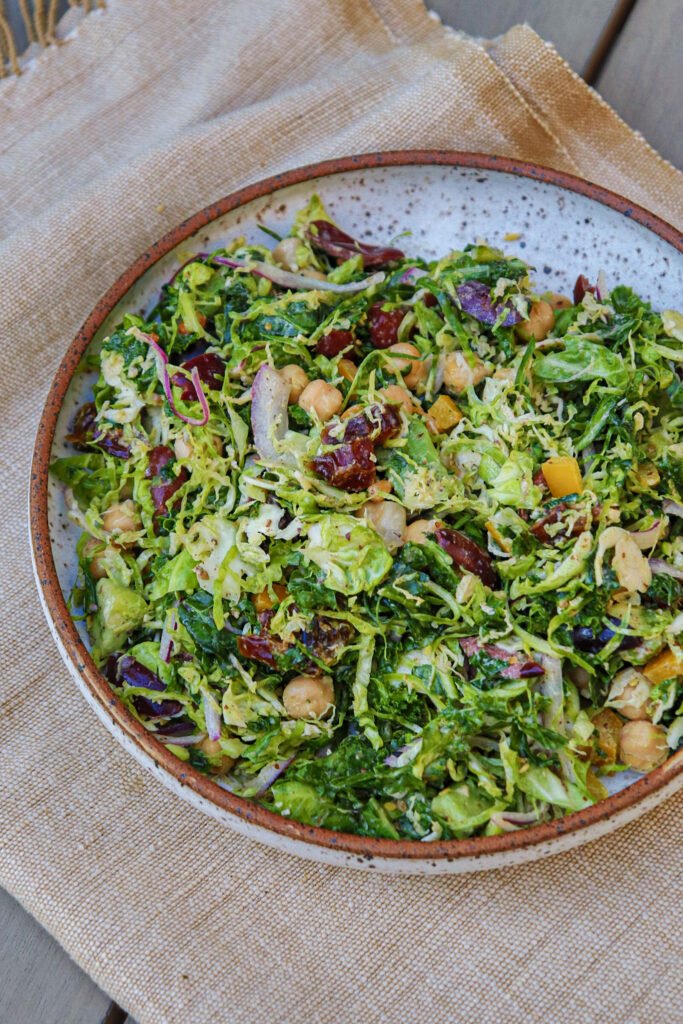
This za’atar shaved Brussels sprouts salad is one of my favorite salads I’ve ever made! It’s actually the first recipe I ever shared on my first blog because I needed to share it with the world. 🙂
Easy Vegan Brussels Sprouts Recipe
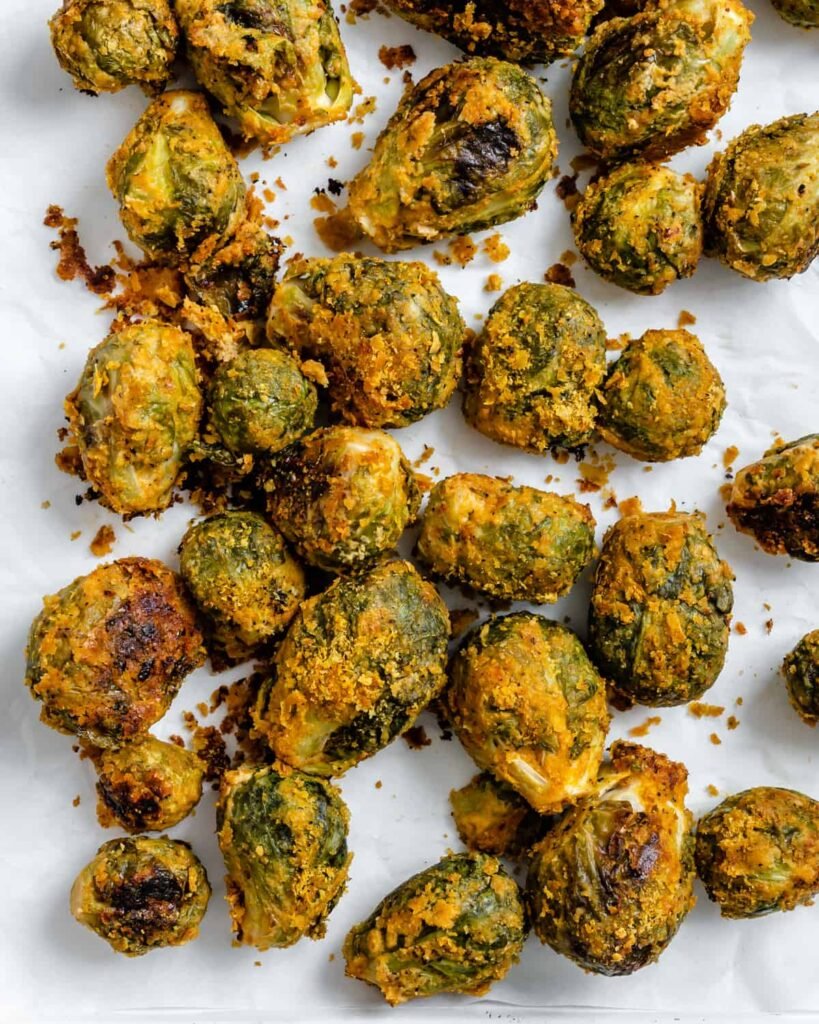
If you are looking for a tasty new way to enjoy Brussels sprouts, look no further than this tasty vegan recipe! It’s quick and easy to make, and the addition of tahini creates a lovely flavor to complement your meals.
Korean Brussel Sprouts
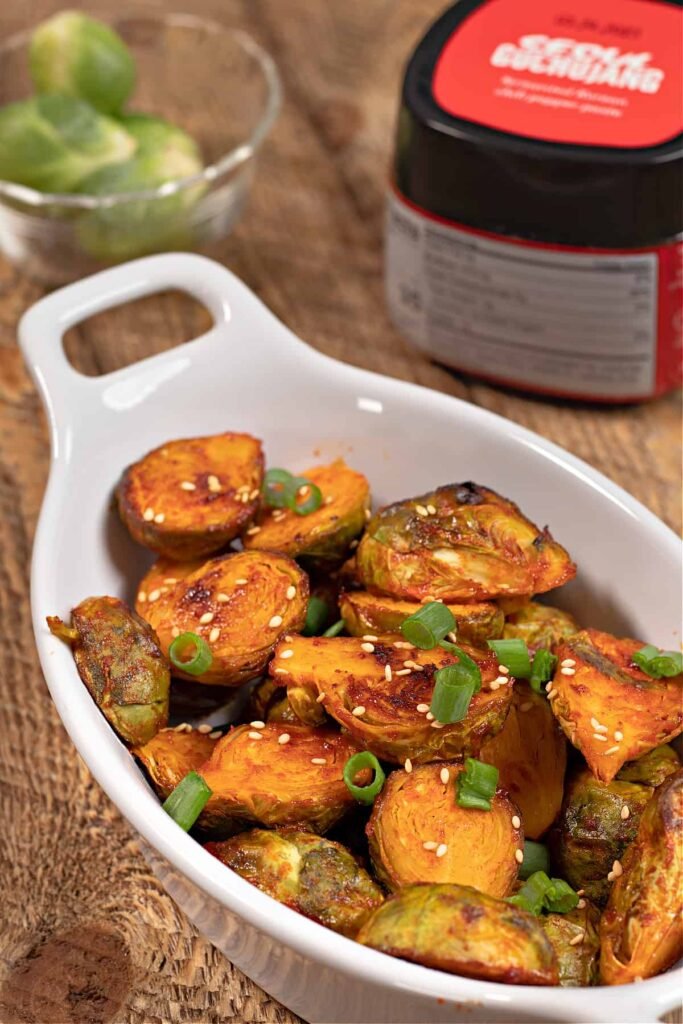
I absolutely HATED them as a kid, those little balls of mushy nastiness, GAH! But THESE Korean Brussels sprouts are absolutely delicious! What have I been missing?
DAIRY FREE BRUSSELS SPROUTS GRATIN
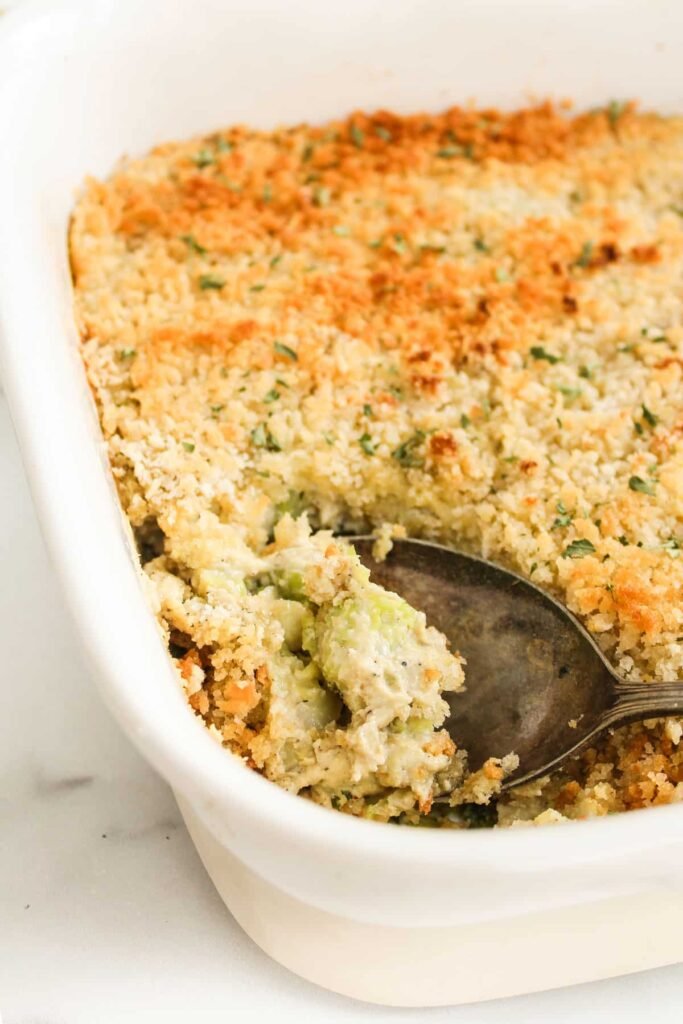
Tender Brussels sprouts, the creamiest dairy-free sauce, and the crunch of breadcrumbs… oh baby, you’re going to love this dish!
Garlic & White Wine Pasta with Brussels Sprouts
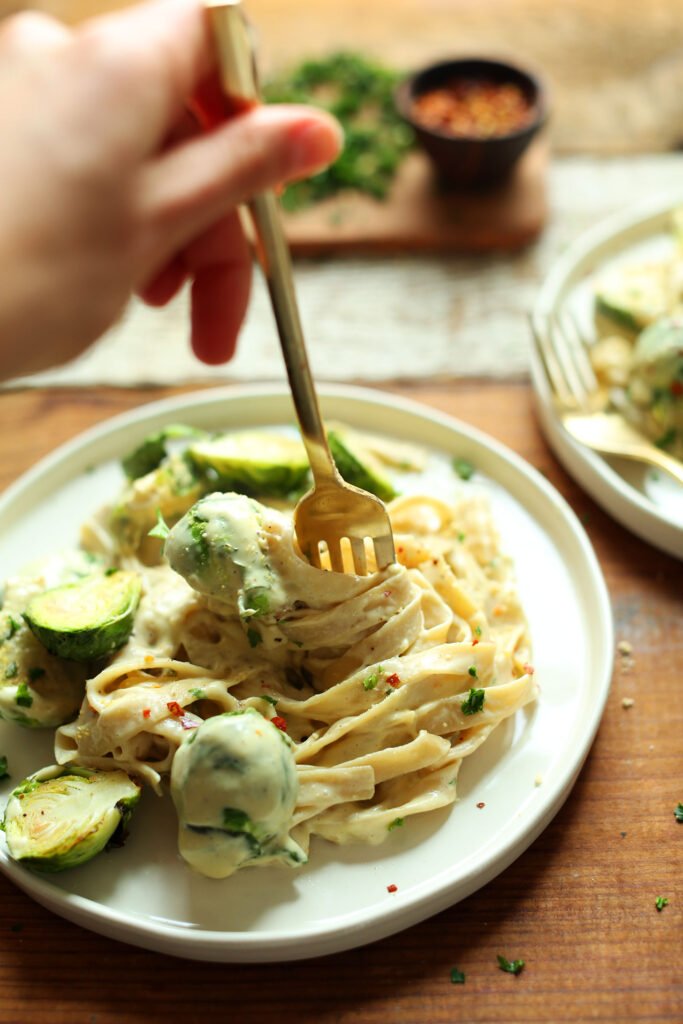
This. Pasta. Tho. I’ve made Alfredo before, but this, this may be my new favorite.
Creamy Brussels Sprout & Shallot Dip

Well, I’ve always loved spinach and artichoke dip, and upon my more recent discovery that I love Brussels sprouts, I grew curious of what they’d be like in a dip.
Here is an opportunity to learn and start growing some fresh food. It’s excellent for health, community, AND for the planet. Our friends at Grow Your Own Vegetables are hosting a totally FREE event that will show you how.
Register for the FREE event today:
Together, we can create a healthier, happier planet for ALL.





